In the nineteenth and early twentieth century, India developed a potentially inclusive, contextually sensitive secular-democratic vision of collective emancipation. This vision is secular because it opposes domination within and between religions, and democratic because it fosters equality of status and political equality. Beset over the years both by extreme Right and Left, this vision has survived into the twenty-first century. But Bhargava believes that it cannot flourish unless values underpinning it are continuously scrutinized, perspicuously articulated, and forcefully defended by arguments.
In this collection of rigorously argued essays, the author offers a sustained normative argument in its favour. He tells us what precisely this morally complex vision is. Bhargava shows that our collective practices and the actions of even those who frequently oppose them, depend upon secular, liberal, and democratic values. He provides an original theory of political secularism and a new perspective on minority rights, collective memory, the relationship between liberal values and collective goals, the importance of political inclusion, and cultural and academic freedom.
This book pioneers a conceptual and normative account of Indian politics. It will interest social scientists, political theorists, historians, and philosophers. Scholars, students, teachers and intelligent readers in both non-western and western societies must read it.

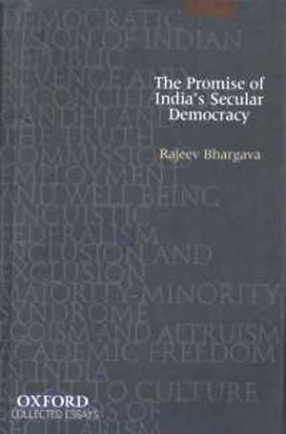
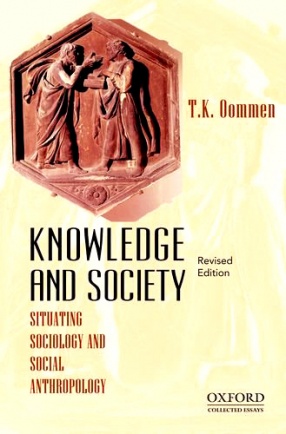
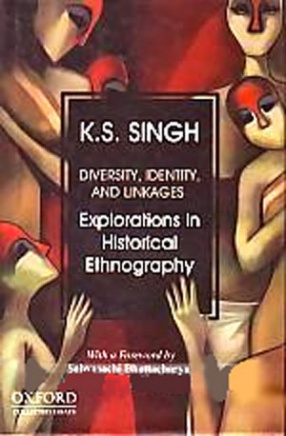
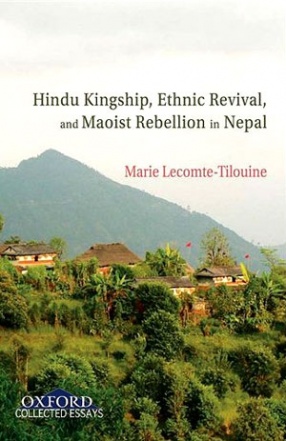
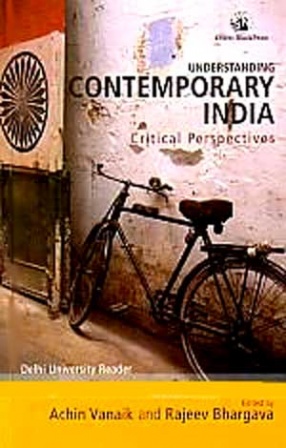
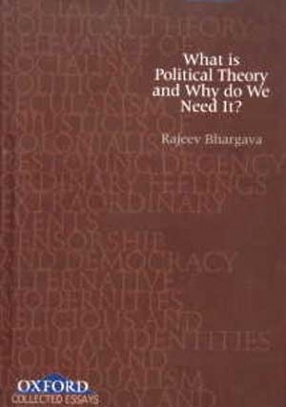

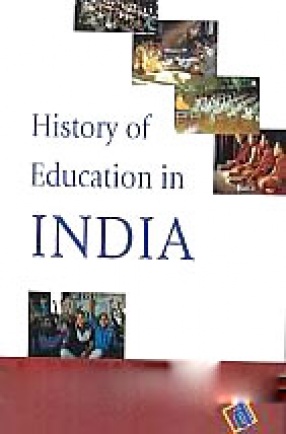
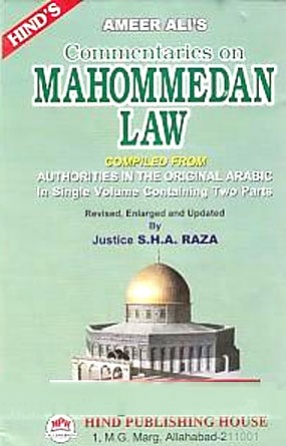

There are no reviews yet.